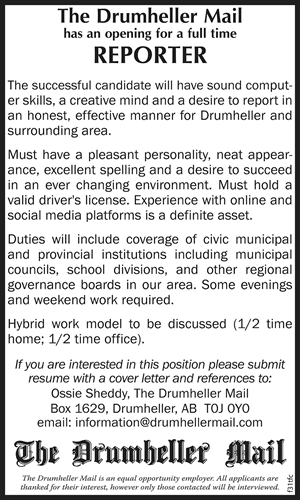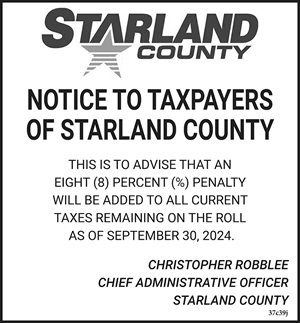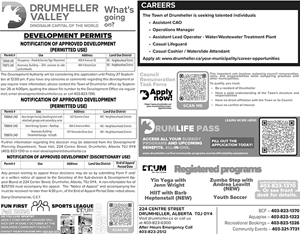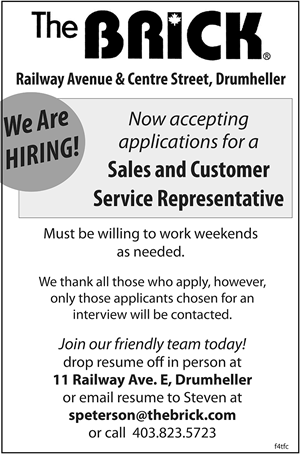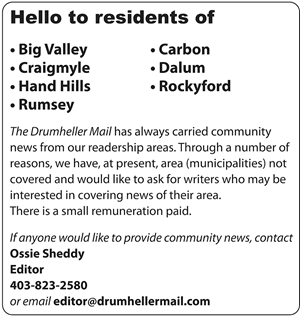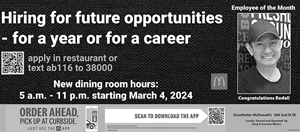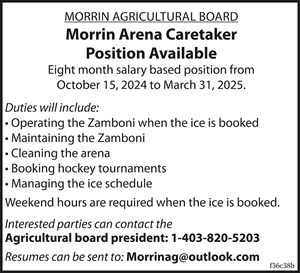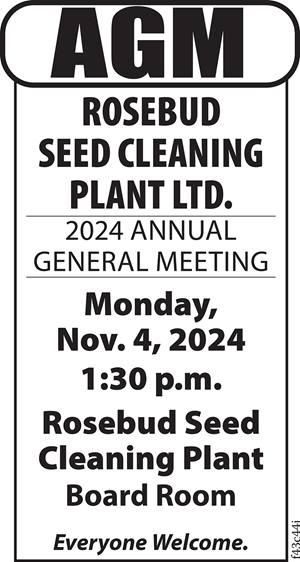
Dear Working Wise:
I just accepted a better job with a competing marketing firm. I work in a big city, but this is still a surprisingly small industry. How can I leave my current employer without burning any bridges? Signed, Moving Up
Dear Moving Up:
No matter how big a community or industry you work in, you never know how your past relationships may help or hurt you in the future.
You can earn your current employer’s gratitude and respect by acting professionally and making your departure as easy as possible for them.
Your boss will probably remember your last few weeks with the company more than your last few years and so make them count.
Create a positive lasting impression:
o Give as much notice as you can. Check your contract or your company’s HR policies for what the minimum notice is. If in doubt, try to give at least two weeks notice;
o Tell your supervisor in person before you tell your co-workers. Use this one-on-one with your boss to thank them for the opportunity and for everything you have learned;
o Keep what you say positive and professional – you don’t need to explain your reasons in detail, but you should be ready to explain why you are leaving; and
o Write a letter of resignation.
Your resignation letter should:
o Be brief and professional — stick to the facts — don’t include a detailed explanation of why you are leaving.
o Include the date, name of the person you are sending it to, the position you are resigning from, and when your last day of work will be;
o Be positive and polite even if you didn’t enjoy working for the organization — don’t use your resignation letter to vent your discontent; and
o Sign your letter and keep a copy for your records.
Other ways to leave a lasting good impression:
o Continue your good work habits;
o Prepare a work plan for your supervisor including: projects you will complete before you leave, the status of any ongoing projects, and written instructions for the person who replaces you;
o Offer to help look for and orient your replacement (if appropriate);
o Make yourself available. Your last few weeks on the job are not the best time to use up your vacation days;
o Don’t brag about your new job to your co-workers or talk about how happy you’ll be to get out of here;
o Clean your workspace and tidy up your files. Ensure important files or project work is labeled and easy to find. Pack up any personal items and return company property such as keys or supplies;
o If asked to participate in an exit interview, the rules stay the same—keep it positive and factual.
Resigning in a professional way will preserve your relationships with your supervisor and coworkers and build your reputation in your industry.
Good luck at your new job!
Do you have a work-related question? Send your questions to Working Wise, at charles.strachey@gov.ab.ca. Charles Strachey is a manager with Alberta Human Services. This column is provided for general information.



